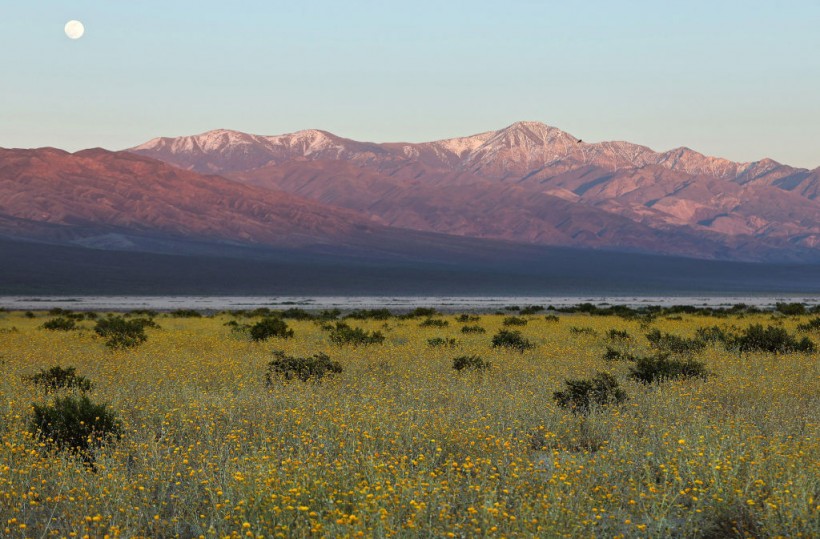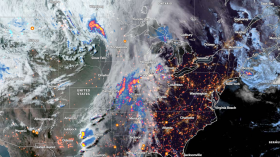South Korea's Constitutional Court began hearing a case alleging that the government failed to protect 200 people, including dozens of young environmental activists and children, by failing to address climate change.
Asia's First Climate-Related Case

(Photo : Getty Images/Mario Tama)
The plaintiffs, or the persons bringing the legal action, stated that this was Asia's first climate-related case.
It comprises four petitions from children and infants, among others, dating back to 2020. At the time the matter was taken to court, there was also a petition from a fetus nicknamed "Woodpecker."
"South Korea's current climate plans are not sufficient to keep temperature increase within the 1.5 degrees Celsius, thus violating the state's obligation to protect fundamental rights," the plaintiffs said in a media statement.
According to scientists, a global temperature rise of more than 1.5 degrees Celsius (2.7 degrees Fahrenheit) above the preindustrial normal will have catastrophic and permanent consequences, ranging from melting ice sheets to the collapse of ocean currents.
The use of fossil fuels and the carbon they produce have been linked to rising temperatures, and South Korea's economy is strongly reliant on them for growth. It aimed to achieve carbon neutrality by 2050.
Lawyers for the government told the court that the authorities were doing all necessary to minimize carbon emissions while not violating the people's basic rights.
The lawyers also contended that the government did not discriminate against young people and that annual carbon reduction goals might be adjusted.
However, other activists expressed dissatisfaction with the government's response.
Last year, South Korea lowered its 2030 targets for lowering greenhouse gas emissions in the industrial sector while maintaining its national aim of reducing emissions by 40% of 2018 levels, which it described as an acceptable adjustment.
Read Also: Climate Change is Making Dengue Deadlier as Mosquito-Borne Illnesses Spike Worldwide
Climate Lawsuit
According to Lee Jongseok, climate lawsuits are becoming increasingly popular around the world and generating public interest. Lee serves as president of the court, which is one of South Korea's highest.
"The court recognizes the importance and public interest of this case and will make efforts to ensure that deliberations are conducted thoroughly," he said.
The hearing comes weeks after Europe's top human rights court decided that the Swiss government breached its citizens' rights by failing to do more to tackle climate change, while courts in Australia, Brazil, and Peru are considering similar complaints.
According to databases maintained by Columbia University's Sabin Center for Climate Change Law, there are currently over 2,500 lawsuits pending worldwide. And the climate litigation phenomenon shows no signs of slowing down anytime soon.
These lawsuits are helping to redefine the public narrative on climate change and, in some cases, are resulting in a significant shift in government and business policy, whether they win or lose.
According to research by the Sabin Center and the UN Environment Programme (UNEP), this wave of litigation is creating precedents for climate action around the world. In 2022, the Intergovernmental Panel on Climate Change (IPCC) identified litigation as one of the significant new ways climate policy is being shaped.
Related Article: Swiss Women Won The First Ever Climate Case Victory In EU Court of Human Rights
© 2024 NatureWorldNews.com All rights reserved. Do not reproduce without permission.





